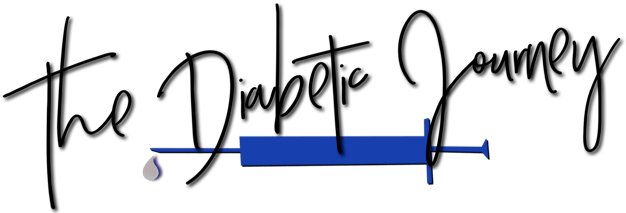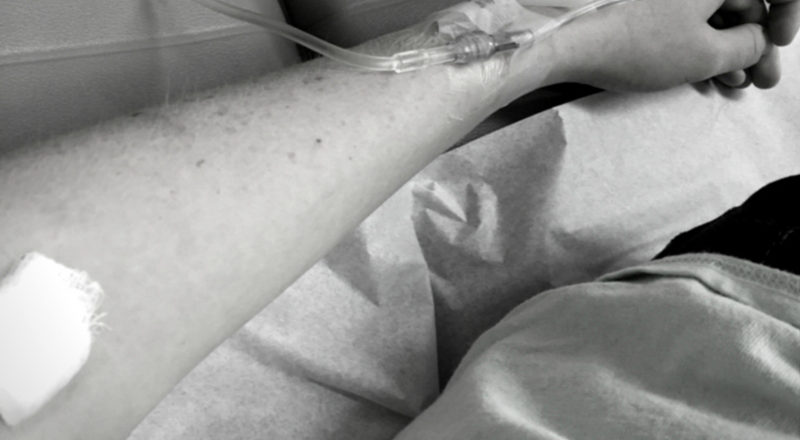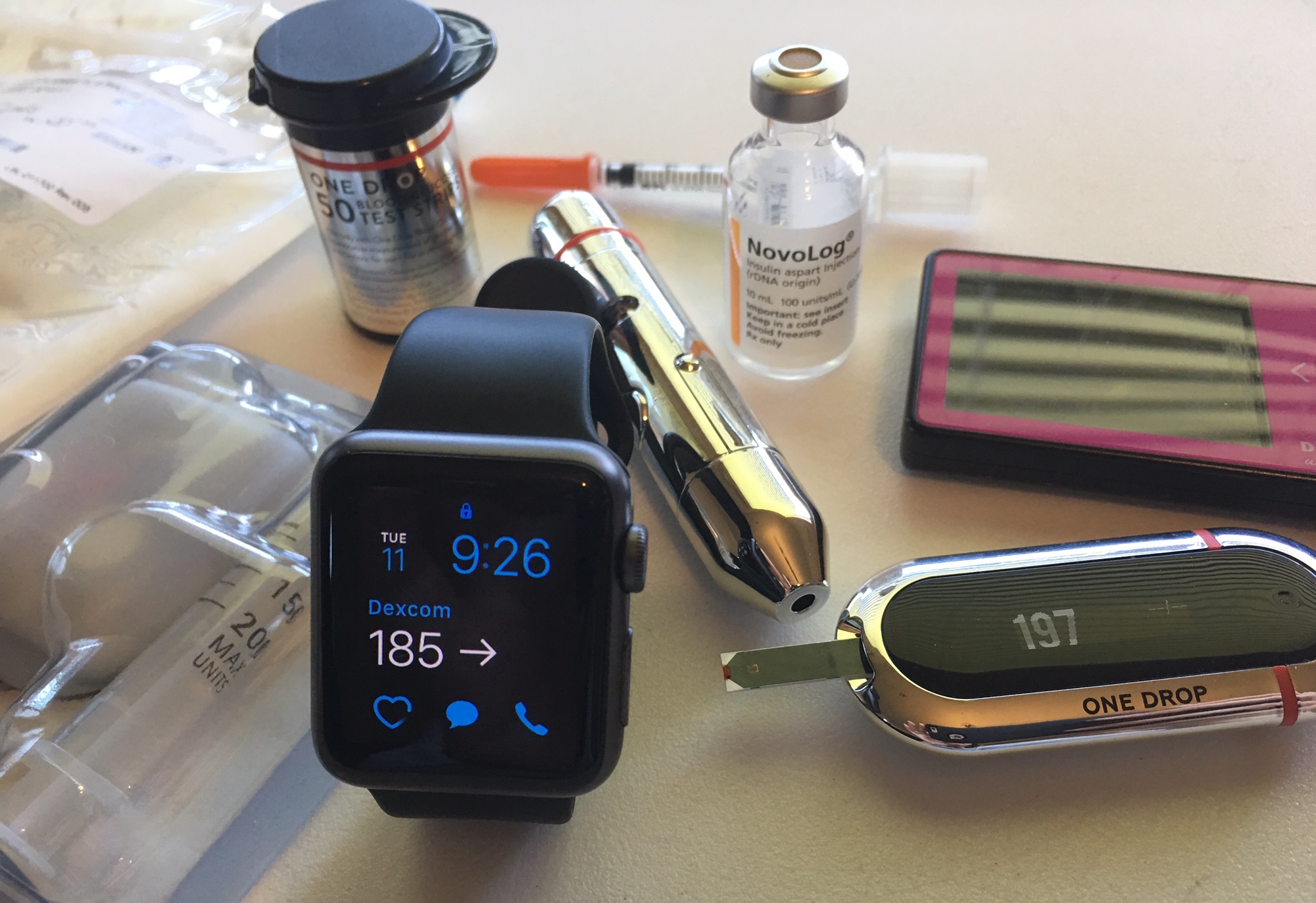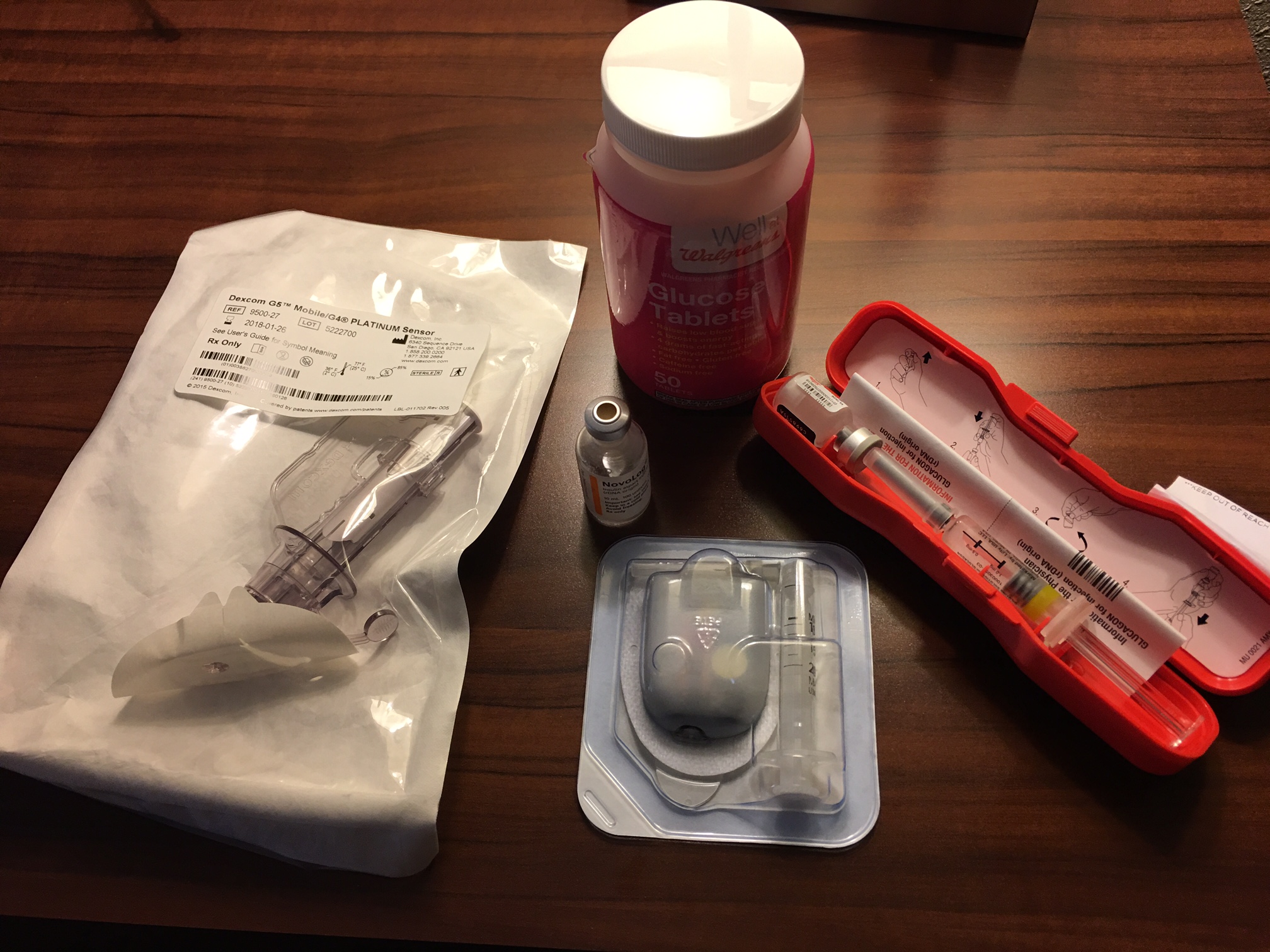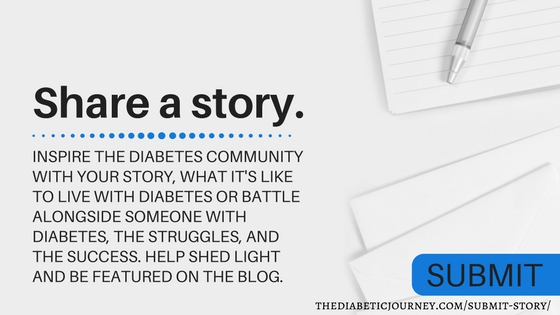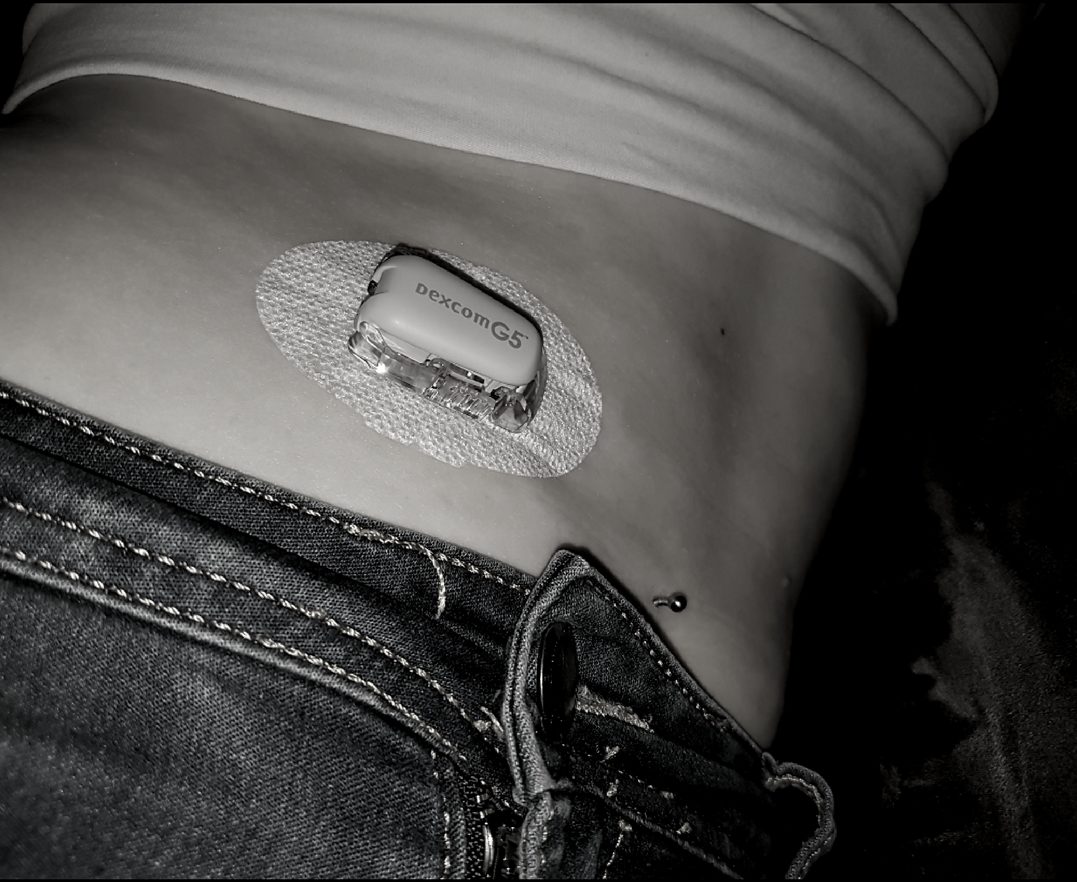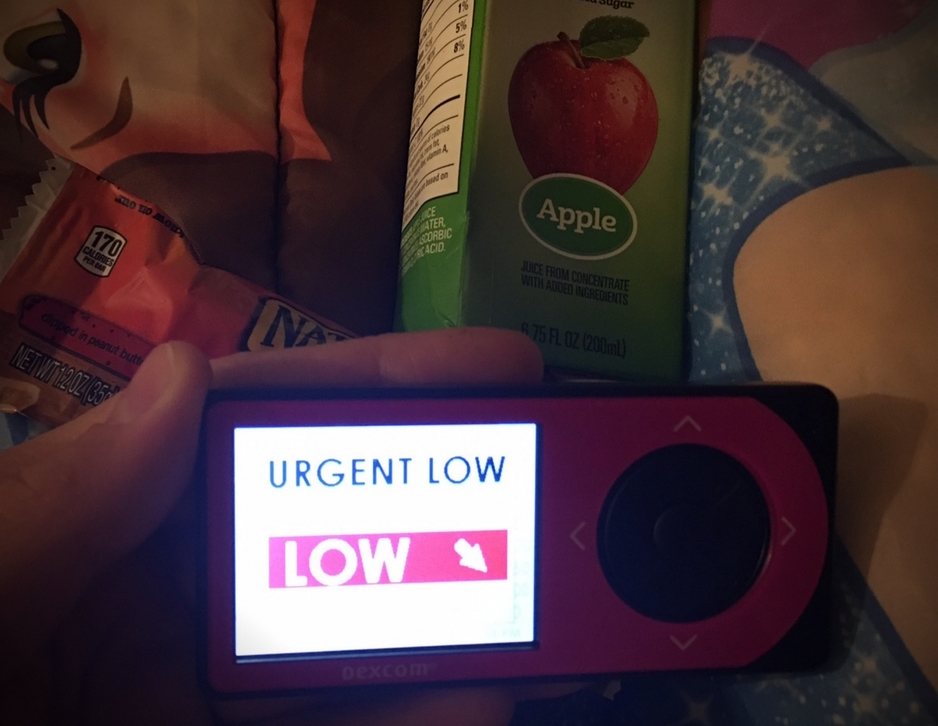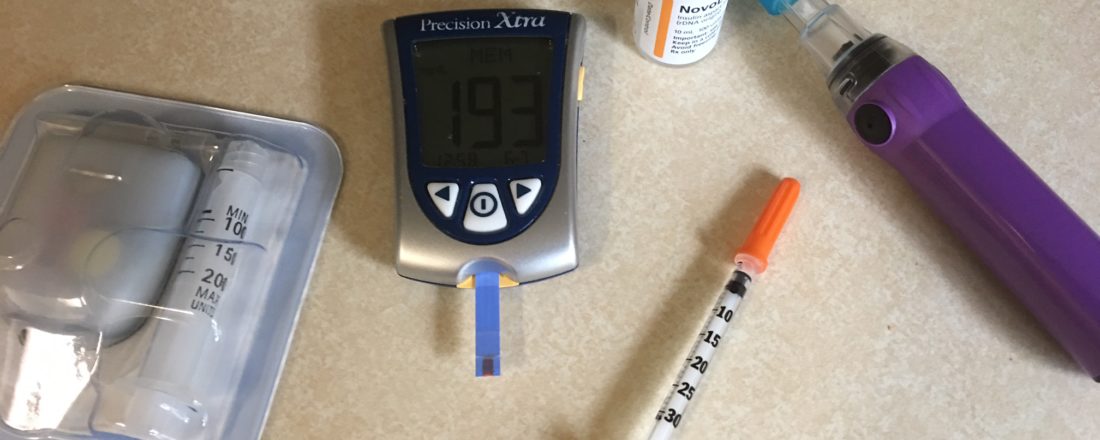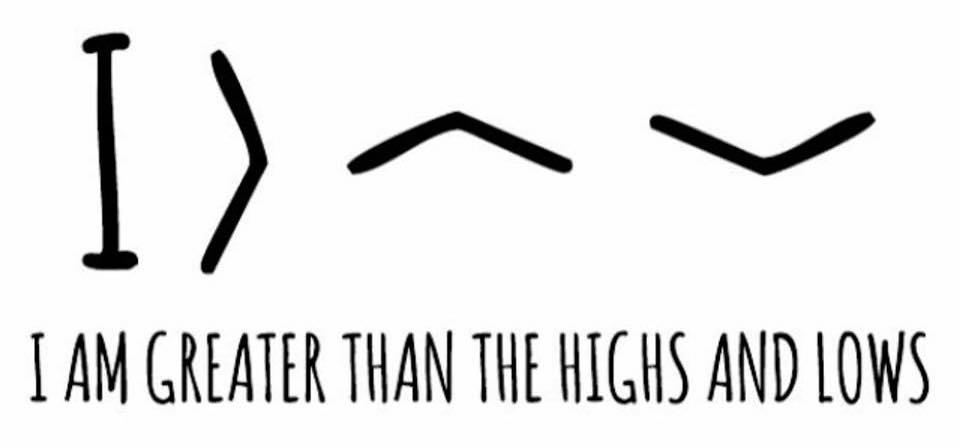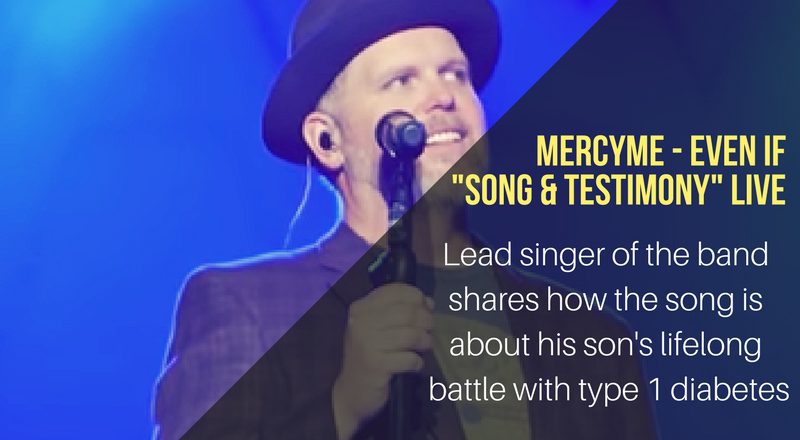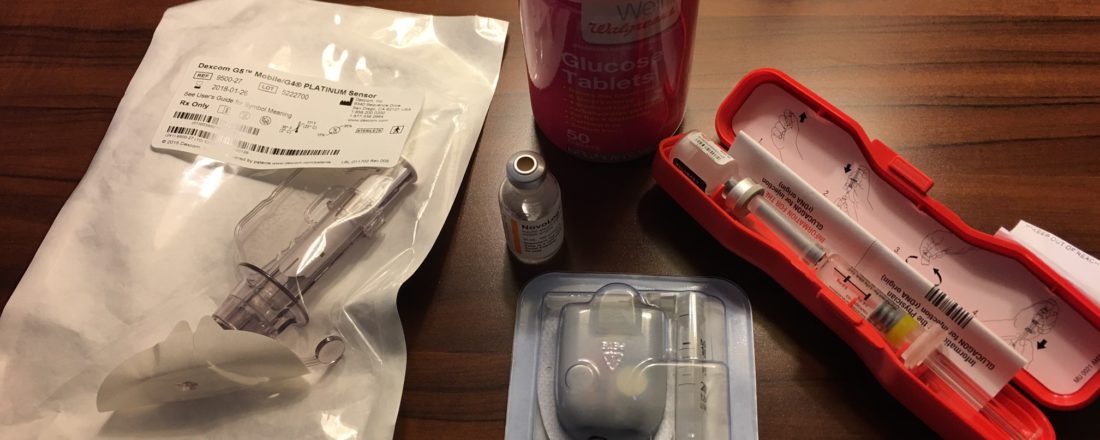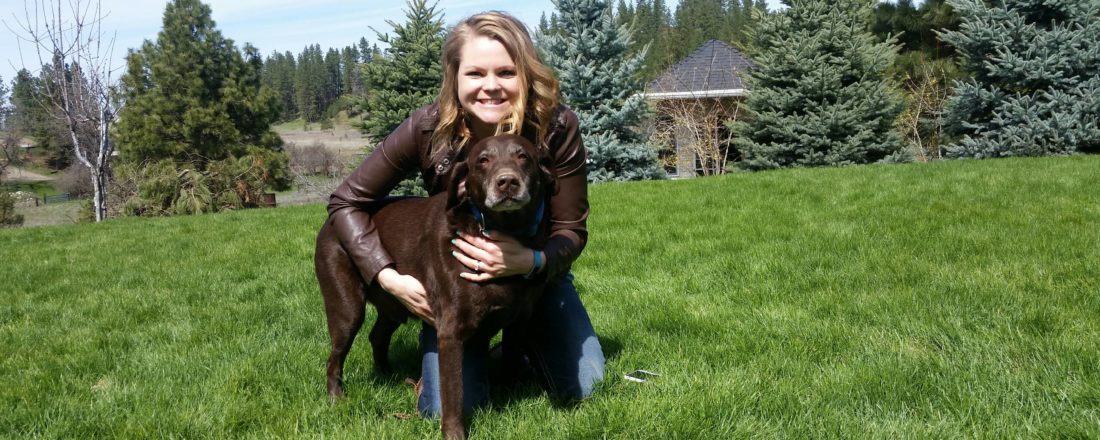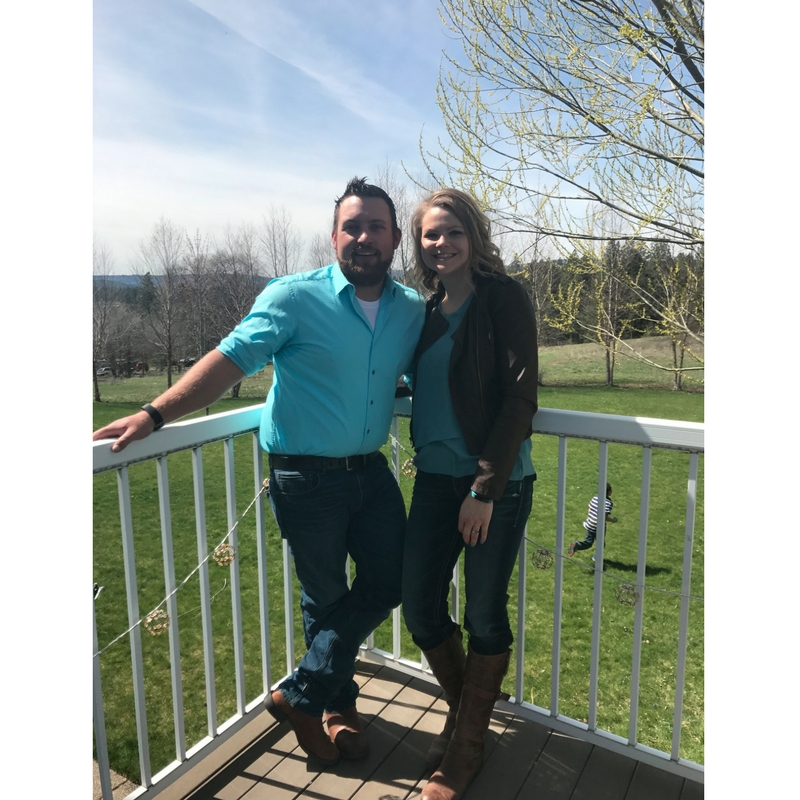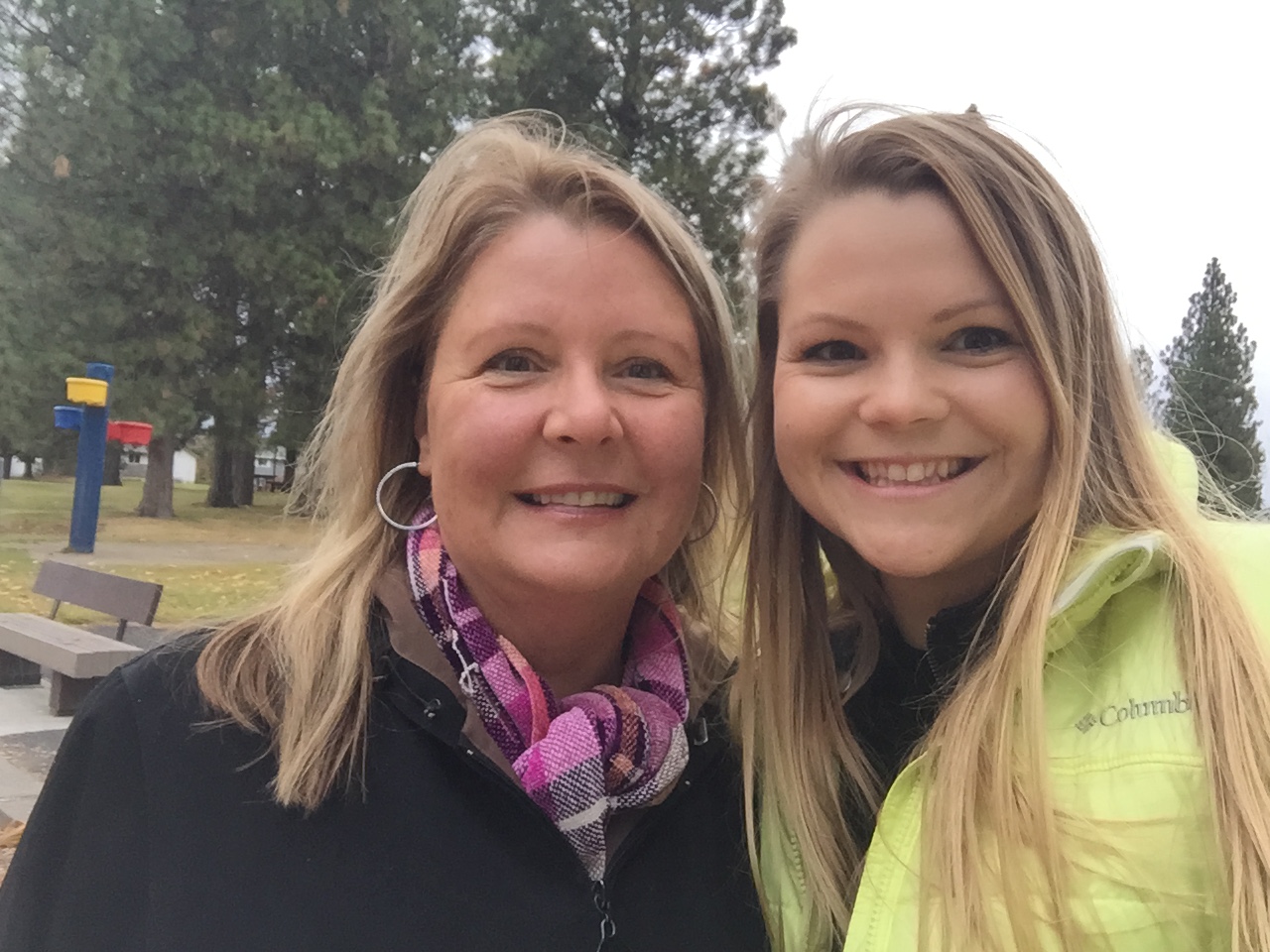By: AJ Cunder
I’ve lived with diabetes my entire life-almost 23 years now, since I was diagnosed at 17 months old. Some days I wonder why the dragon chose me. Some days I wonder why I can’t get my blood sugar to stay below 200 mg/dl, or above 70. Some days I get tired of wrestling this dragon that has come to live inside me.
But then, some days I realize there is more to this beast than meets the eye.
No doubt, living with diabetes is difficult. All of us who have it would probably take a cure in a heartbeat. But there is something about this shared diabetic journey that unites us and bonds us, inspires a community to band together and face this dragon as a team.
I recently attended a JDRF/FARE benefit crab race hosted by Casino Pier & Breakwater Beach in New Jersey where I met a mother and her young son who explained that the day marked seven months exactly since he was diagnosed with T1D. Tylar, was his name.
And it amazed me how strong he was, and how strong his family must be to come out to a diabetes event so soon after a diagnosis. When many might throw their hands up and despair, this family found refuge in community where they can see-as all diabetics can see-that they are not alone.
We are never alone in our fight against the dragon.
I signed a copy of my memoir for Tylar-proceeds from the sale that day went to benefit the JDRF-and I hope in reading it he can see and remember that no one faces this disease alone. Even if it feels overwhelming, there is a strong, vibrant T1D community out there eager to hold each other up.
And so, perhaps that is one good thing that can come of this disease: a bond that unites us in our shared battle against the dragon. To see waves of diabetics sporting their infusion sets proudly, wearing their JDRF apparel, swinging their blue JDRF tote bags without shame reminded me of the fundamental strength of this community and the unbreakable bonds forged in the dragon’s fire.
Diabetes sucks, but the friendships and relationships that come from it are undoubtedly some of the strongest to be found on this earth.
